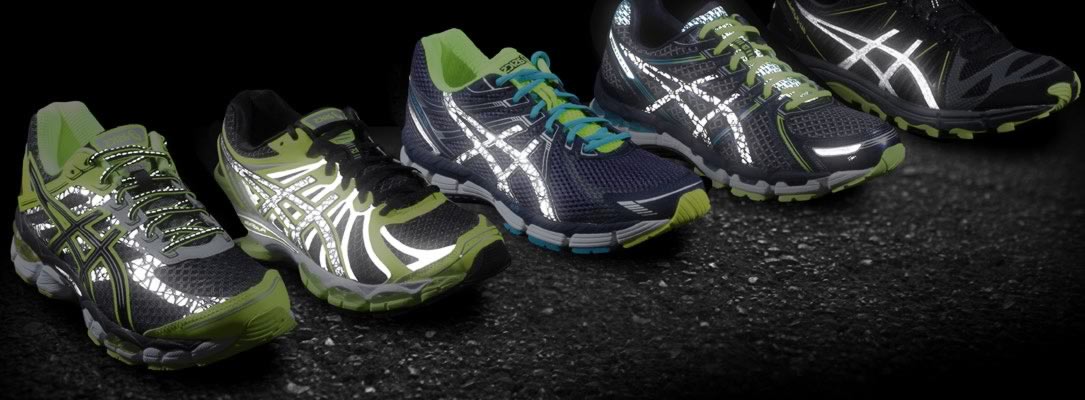Shoes
The days when the same shoe was used for running, playing tennis, soccer, or going out for a walk are now thing of the past.
Technology and its evolution have allowed each sport to have its specific type of shoe for its practice or competition. Nowadays there are also different models in each sports category for the different client´s needs. This development allows people that have specific problems with their feet to avoid any type of injury.
Running shoes come in different types:
Shoes for asphalt:
- Training: shoe weight varies between 10.5 – 13 oz (men), and 8.5 – 10 oz (women).
- Competition: weight varies between 4 and 6 oz. (unisex)
- Shoes for irregular grounds: weight varies between 11 – 12 oz (men), and 8 – 10 oz (women)
- Minimalist Shoes: weight is commonly 8oz (men), and 6oz (women).
Additional to the type of shoe, there are some models that will work better in different people depending of the type of feet they have, their weight, preferences or special needs (like previous lumbar or knee injuries), and the way that they step when running:
Neutral or supinator
Pronator
Flatfoot
NOTE OF INTEREST:
The shoe industry is changing to go from "less to more". Techniques such as CHI RUNNING® and CHI WALKING® suggest that the body has to be more in synch with the mind. These are techniques that help the athlete run without the risk of injury and more efficiently; and walk with more energy. They motivate the usage of lighter shoes that allow a better connection between what the body and the feet feel, for training the mind to be more aware of the body position and the right ways of running.
However, it is important to know that the lighter the shoe, the less material it has. Less material means less cushioning, and less cushioning means less joint protection. Elite athletes, by having efficient biomechanics and weighing less, can take advantage of these lighter shoes that weigh less than 5 ounces in order to have the lesser possible weight when competing. To these athletes, half an ounce can mean winning or losing a race.




